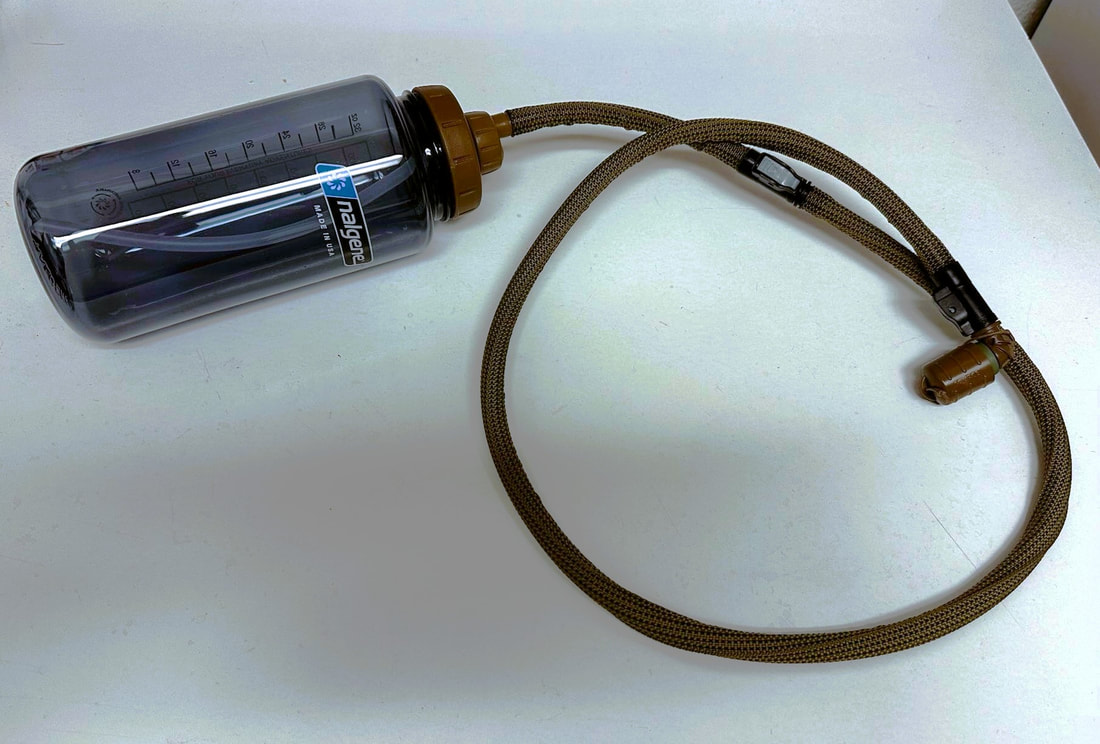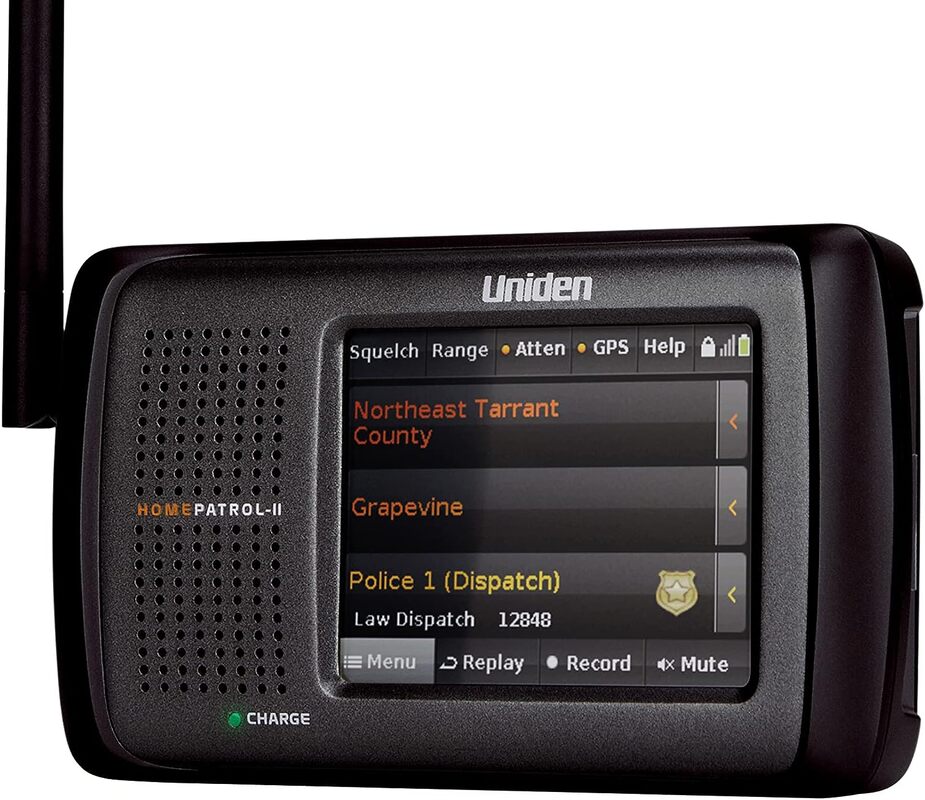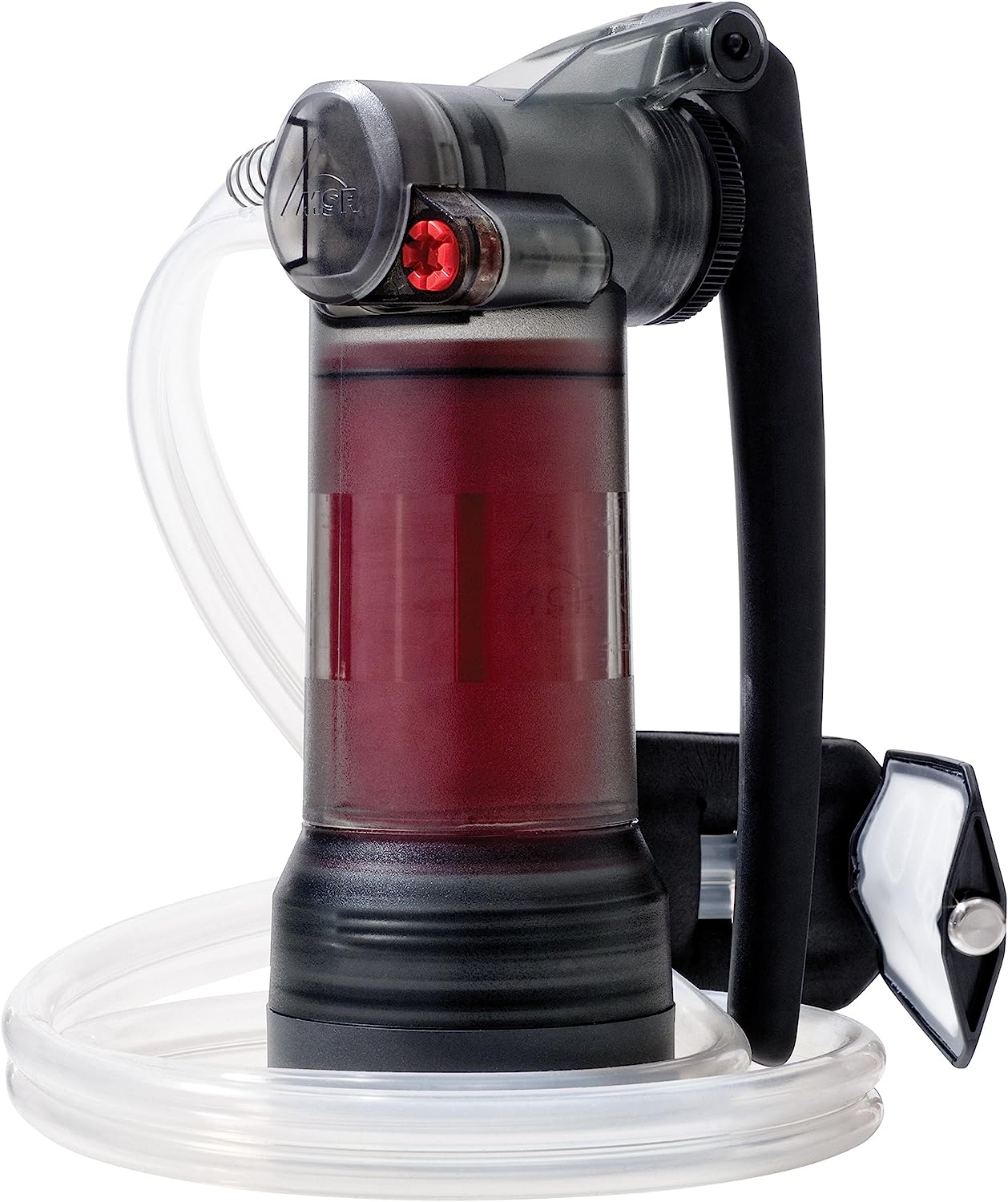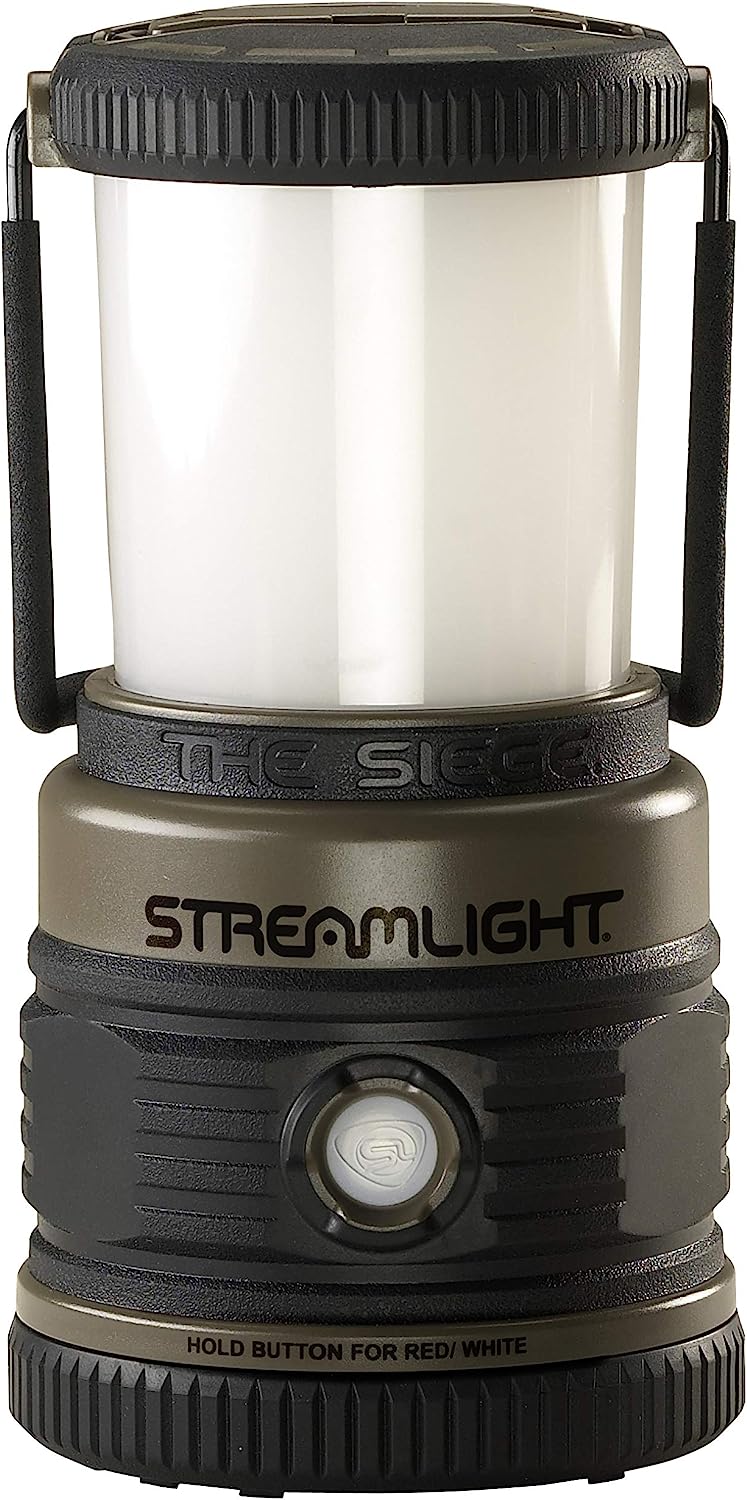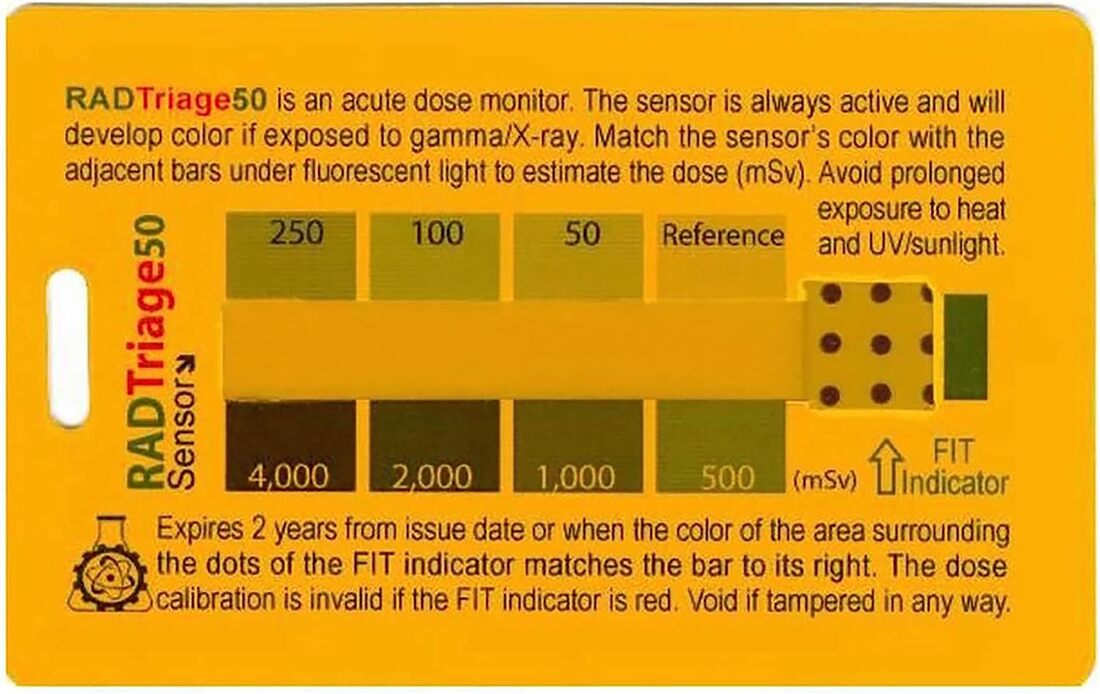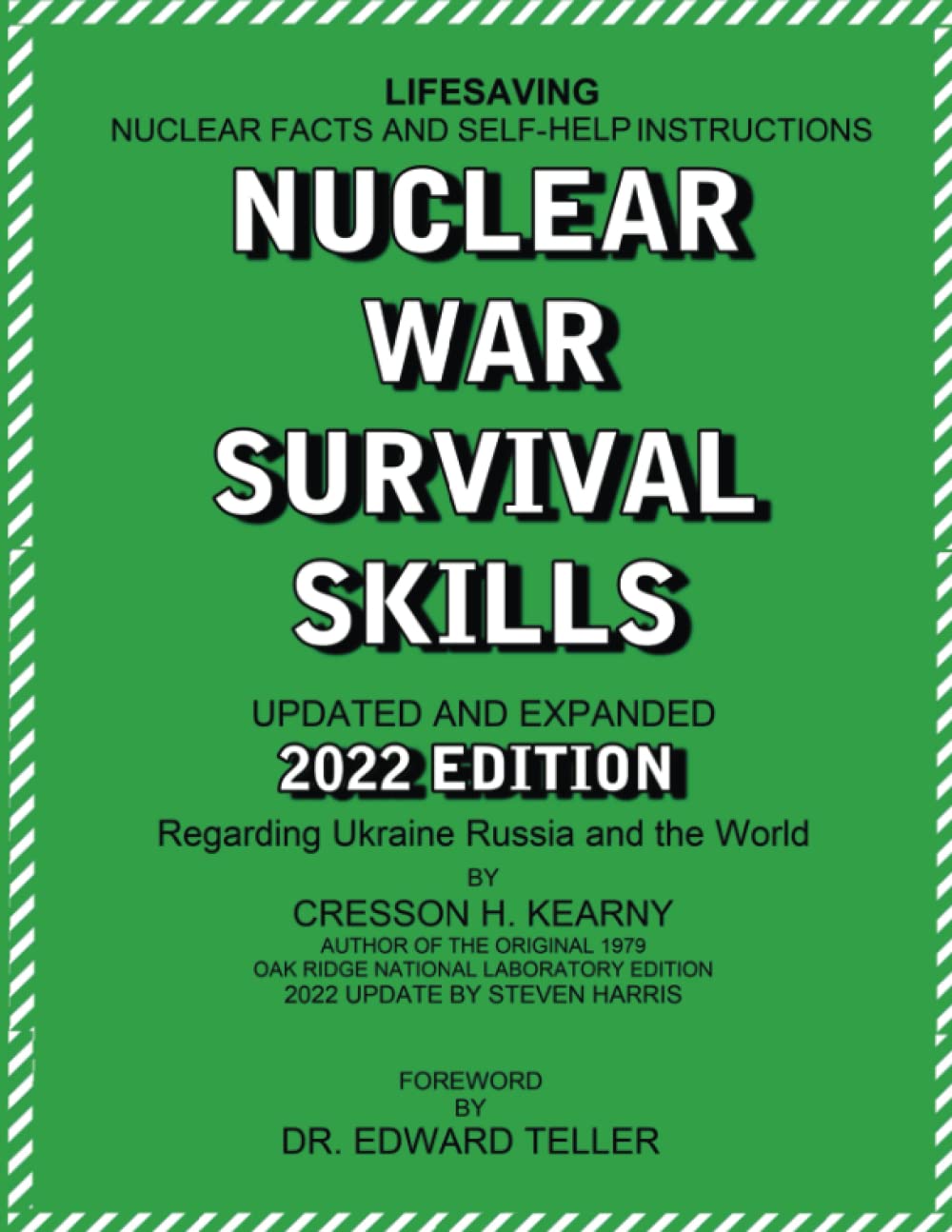|
The Dad With a Flamethrower is now in print and available for sale! It's a novel that looks at fatherhood and modern suburban masculinity through the post-apocalyptic genre. Below is an excerpt from the first chapter. Excerpt from Chapter 1: AirportRoss, you have really poor timing when it comes to vacationing, my inner voice chastised. Imagine the worst riots in US history occurring at the same time a massive polar vortex struck, causing a vicious freeze-then-flooding disaster a month before the most contentious election in American history. That’s what was waiting for us after we landed back home in the great western state of Fremont. All the bad stars aligned just right to cause a perfect storm of environmental and human conditions for a near-collapse scenario. Man, it was cold. Florida’s 80° temps in early October were lovely but unfortunately the daytime high back here was only half that. You’d think being a hairy, slightly overweight middle aged white guy my genes would have been perfectly adapted for these far below-normal autumn temperatures. Nope. “This must be how Canadian tourists feel coming home,” I said as my family and I shivered in the cold on the airport sidewalk. We had just deplaned after two weeks in Florida hitting the beaches and taking our girls to spend a week with The Mouse. We knew a cold weather anomaly had hit the southern midsection of the country, but this was a shock. No one expected to deplane into essentially martial law and a disaster zone. Normally one of the busiest airports in the country, River City International was eerily dead. The last time the taxi stands were this deserted was after 9/11. “It feels like The Langoliers movie,” my wife Raelene said, referring to the Stephen King story where an airplane travels back in time to a yesterday devoid of all life. As in the story, the scene was unsettling, but not a supernatural kind of sinister. Real-life was probably more frightening. Raelene and I had been married for seven years now. She was a traveling trauma nurse on an extended sabbatical and I was a software developer turned junior executive. We had a history of interesting vacation weather. Hurricane Emily made a guest appearance from afar not long after our wedding. Those rainy last two days of our honeymoon from the hurricane were charming compared to this. “Daddy, I’m cold,” Reya, who was seven, said. “Sorry, honey. Rub your arms.” It must have been in the high forties at sunset when it should have been 65°. Orlando was still having shorts weather so none of us had any jackets. I glanced at Remy, our two-year old, who wore her blanket like a cape. “That’s the second Uber to cancel,” Raelene said. She looked up from her phone. “If we don’t get a cab, I’m unpacking her bag and getting her long sleeve shirt out.” “Then let’s walk down to the next terminal.” A few cabs were parked over there. With the two kids in tow we barely made it to the sole minivan before a group of four businessmen did. “Where is everybody?” I asked the cab driver. “Man, ain’t you been watching the news? Nobody wants to fly in here thanks to the Big Freeze and all the riots. This is Hurricane Katrina bad. Probably worse,” he mused. We had been watching the news, particularly The Weather Channel, in the hotel because a tropical system was moving in on Florida. Since I was a techie, I was usually all over the Internet and on the bleeding-edge of the news, but not on vacation. My brother Grant let me know about riots in his medium-sized city of Red Rock in the rural north of the state—started by a police shooting of an out-of-towner—and we caught some coverage of what was being called “The Big Freeze” on CNN. What we were learning was that the media had been downplaying everything that was going on. You may remember the storm-of-the-century cold snap Texas had not long ago. Fremont was experiencing something like that, but worse. This time the power grid did fail statewide. Powerplants were still trying to figure out their “black start” procedures while the national grid operators scrambled to send excess power in. We saw it all on the news, of course, but to us being so far away in Florida it was like it was happening in a different universe. My brother drove downstate and did some quick winterizing for us so we enjoyed ourselves knowing that everything would be fine by the time we got back. However, like everything since COVID hit, this Big Freeze had second and third order effects no one anticipated. Since the entire region was affected, there was little help to send in from other states. Refineries shut down causing a gas shortage. Transportation delays led to stores, already emptied ahead of the freeze, meant that food wasn’t coming in. Since the election was less than a month away, that combined with racial tensions and some unfortunate police shootings pushed things over the top. Riots developed and these were way more than the violent pre-election protests that had been happening since summer. Riots go with looting the way that destroyed mobile homes go with tornadoes. While there was plenty of opportunistic looting for pecuniary or material gain, much of it was focused on getting necessities. In the early days, hungry looters ignored places like Best Buy and went to supermarkets. One loaded cart running out the grocery store door served as a catalyst for many more to follow in a stampede. Closed restaurants were broken into for food. As the police’s ability to cope waned, the scope of the thefts changed from substance to the pillage of the free stuff army. Looting was so bad that the National Guard was still deployed in a police capacity across the country. There was an armored vehicle sitting on top of the airport parking garage for crying out loud. It wasn’t just in River City, either. The entire Metro area of the state was dealing with the same thing and so were almost all the big cities across the county (minus the weather effects). The fractured politics of our nation had given us another riotous “summer of love” that threatened to spiral into a real civil war. Even my brother in the medium exurb of Red Rock City was embroiled in the unrest. Red Rock, about two hours north, was pretty bad from what he told me. Refugees from the cold went up there from the cities and overwhelmed the locals. Looting and riots developed. Then Radical Community Reform, RadCom, activists (who had to change the official name because people started using it “negatively” and assuming that “com” referred to communism, which “seemed” bad to the official organizers) moved into inflame and exploit the situation. My brother called it a “literal communist revolution," which I thought was a bit extreme, but if terrorists were trying to blow up the regional powerplant—and they were—there could be a problem. The reality here in River City was a lot different on the ground than the news depicted. I half anticipated the plane coming in high and fast to avoid gunfire and smoke from burning buildings when we landed. The streets looked quiet beneath us as we came in on final approach. Much of the snow was gone, too. The effects were subtle. The city was shrouded in an unsettling and deceptive tranquility, masking the severe distress beneath. The fallout so far seemed to be most of the airport concessions being shutdown and a lack of traffic. “Where to?” the driver asked. “West River City.” It was on the west bank of the river that split the state and our metro area which was the oldest satellite city of the area. Our suburb was on a large island made by the main channel and a backwater ship canal. “It’s almost dark, so do you want me to avoid downtown and take the beltway? I gotta warn you the trip will be double the price if you do.” “What’s the problem with through downtown? It’s the shortest and fastest way.” He looked at me as if I had a horn growing out of my head. “Some folks don’t want to go through downtown at night. With the curfew and all we’ll be fine coming from the airport but its not the police they’re worried about.” “Just get us home the fastest way, please. What are they worried about?” “You’ll see.” The fifteen mile trip from the airport to downtown that usually took half an hour during rush hour was done in less than half that. The cab driver was speeding along the empty freeways. I knew that there had been riots, protests, and gas shortages but the near solitude that we had on the highway was disorienting. The skyscrapers loomed up from above the sound walls. Except for their red anti-collision beacons, all the commercial buildings were dark. Even the residential towers showed a minimum of lights. Were the blackouts that bad? Without warning, two cars going close to 150 MPH (the taxi was doing about 90 itself) shot by us on either side with a whirr and blast of air that shook the van. "Whoa!" the driver exclaimed. The cars were a half-mile away in ten seconds. “Yeah, that’s a thing since the state troopers are too busy to chase speeders. Damn racetrack out here.” Beyond the retaining wall the glow of fires illuminated the city. Columns of smoke rose up in several places. Red and blue emergency lights flashed here and there. A police helicopter circled east of downtown shining their spotlights like the heat-ray of the Martian tripods in War of the Worlds. Raelene and I shared a concerned look. “Here,” the driver said. “This is what I was telling you about.” The headlights showed a massive patch of blackened pavement about a hundred yards long that stretched from the fast lane to the exit ramp. Scorching and soot went halfway up the freeway walls. “Protest shut the freeway down. Rioters came up the ramp here and scared everybody out of their cars. Then some arsonist came along and started chucking road flares in the windows. Fire department couldn’t get here so like a hundred cars burned up. Freeway was closed for two days.” I felt like Marty McFly in Back to the Future Part II when he arrived in the paradox version of Hill Valley. Our town had, in the span of less than two weeks, turned into a city of perpetual night where mischief reigned. We had only been on the ground for an hour and I felt we had fallen into a world designed and stage managed by the director of a dystopian blockbuster. “Uh oh,” the driver said. A man was running down the shoulder of the freeway. In a moment we saw why. A semi-truck and trailer was stopped with two pickup trucks backed up to it. Six or seven people were rushing to unload boxes of what looked like vegetables into the pickups. Some carried guns and were standing guard. One person might even have been shot. Raelene gasped. The cab driver floored it. “Told you that y’all might wanna have taken the beltway.” “What are they doing that for?” Raelene asked. “Nobody got no food. Grocery stores are closed ‘cuz that’s happening if people just don’t steal stuff the minute it hits the shelf.” Grocery stores being empty? The idea sounded preposterous to me. Shortages were part of the new normal, but empty was impossible. “Do you have food?” Raelene inquired in follow up. “Us? Yeah we got lots. We were smart and stocked up ahead of the store. No EBT cards in our family. Course we ate most of the freshies now and are eating out of cans ‘n stuff, but it beats being hungry. Ate vegetables out of cans for most of my life. No ma’am, we’re not French toast people.” “French toast people?” “You know, the ones that run out right before a hurricane or whatever and buy all the milk, eggs, and bread, like they’re going to make it into French toast and live on that alone. On TV all they show you are empty shelves—no milk, bread, and eggs. Never go down none of the other aisles. When the power started going out, we bought ourselves steaks. Bunch of ‘em real cheap ‘cuz they gotta be refrigerated, even if the heat is out and the store is cold enough. Paid cash and ‘bout filled up a shopping cart.” All the talk of food was making me hungry. I hadn’t eaten a meal since breakfast. There was a delay in taking off, so we bought the girls McDonalds in the terminal back in Orlando. Raelene and I ate snacks on the plane and hoped to get a bagel or something when we landed but we were lucky to get a coffee from Starbucks. “What else did we miss?” I asked. “Well, they got the curfew on. Can’t go out dusk to dawn, but that’s not stopping anybody from stealing or breaking in. The protests have stopped. The college kids who started it got scared when the rioting and looting started. Not like up there in Red Rock or in Portland. Get a whole bunch of hungry, cold, and scared people out in the street yelling and screaming then be surprised when they start stealing and burning stuff? Pinko idiots, as my dad woulda called them.” I did see something on the news about various activists leading initial protests against the horrible disaster response by the authorities and governor. A big march in the snow went from the state universities to the city hall or the capitol building. Thousands of people who lived in the cities and had nothing to do because they couldn’t go to work joined in. Once police became overwhelmed is when the massive looting spree began. It was the riots of 2020 and Hurricane Katrina combined. If you liked this excerpt from The Dad With a Flamethrower, buy a copy today!
Comments are closed.
|
Author Don ShiftDon Shift is a veteran of the Ventura County Sheriff's Office and avid fan of post-apocalyptic literature and film who has pushed a black and white for a mile or two. He is a student of disasters, history, and current events. Archives
May 2024
Categories
All
As an Amazon Associate I earn from qualifying purchases.
|
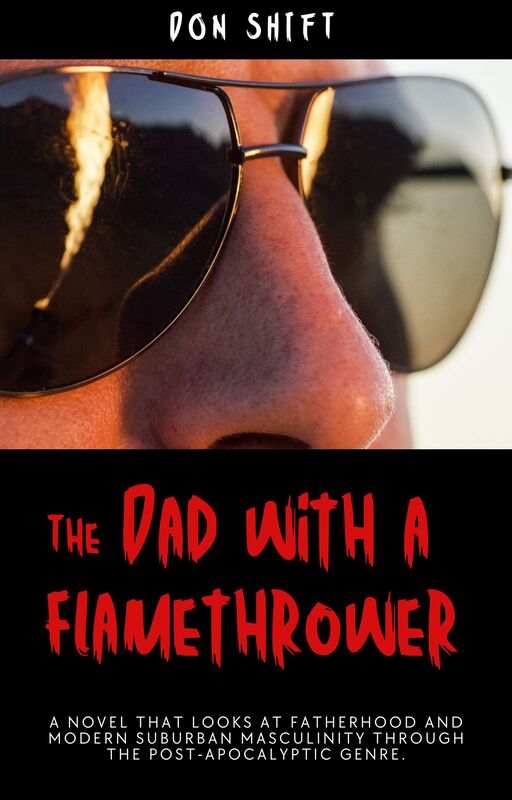
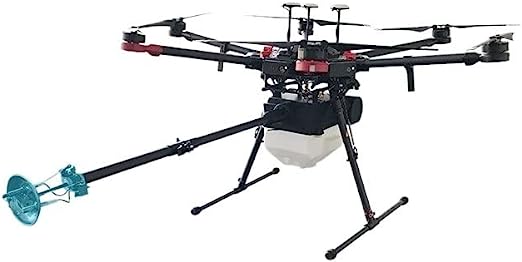
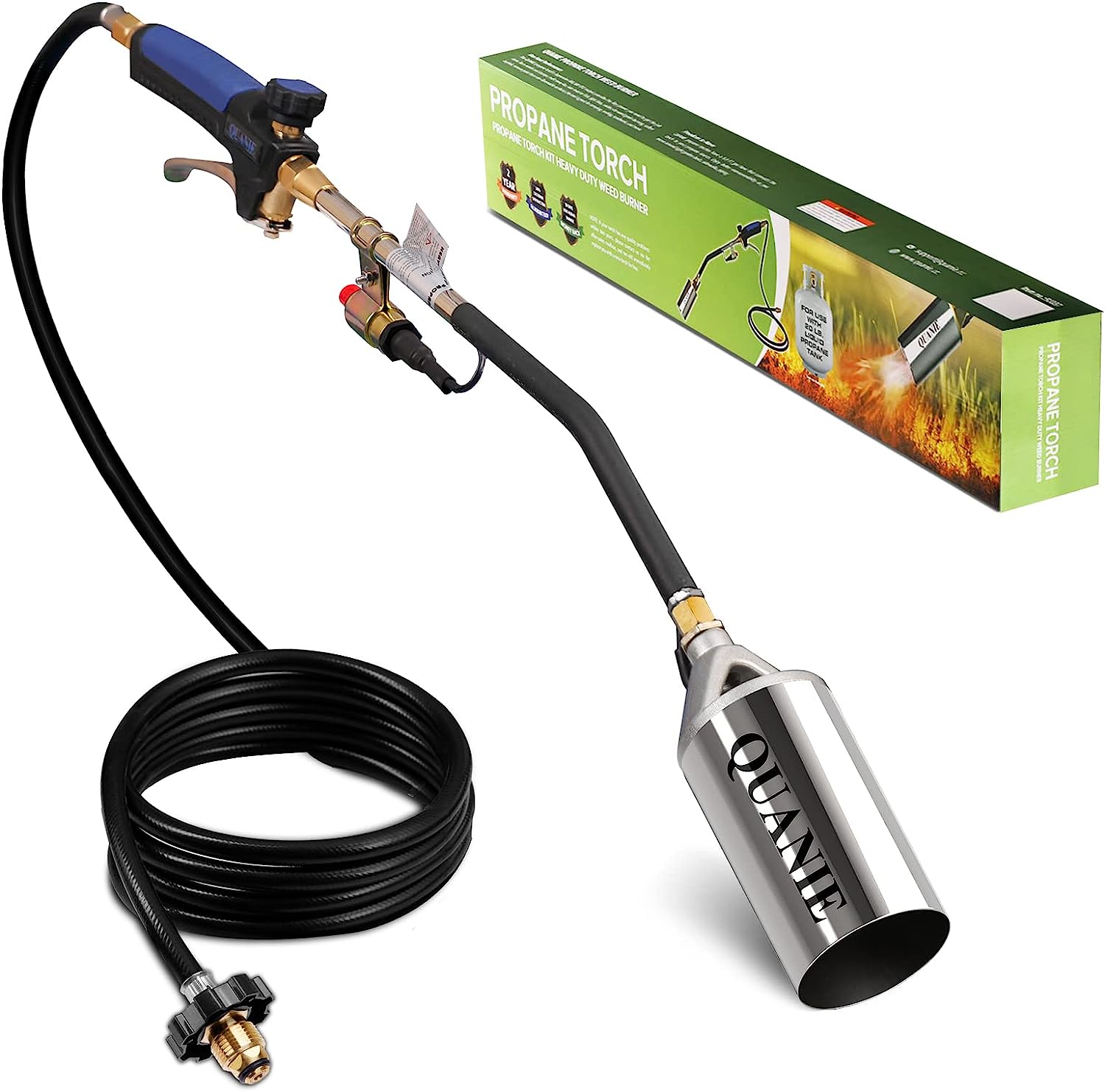
 RSS Feed
RSS Feed
